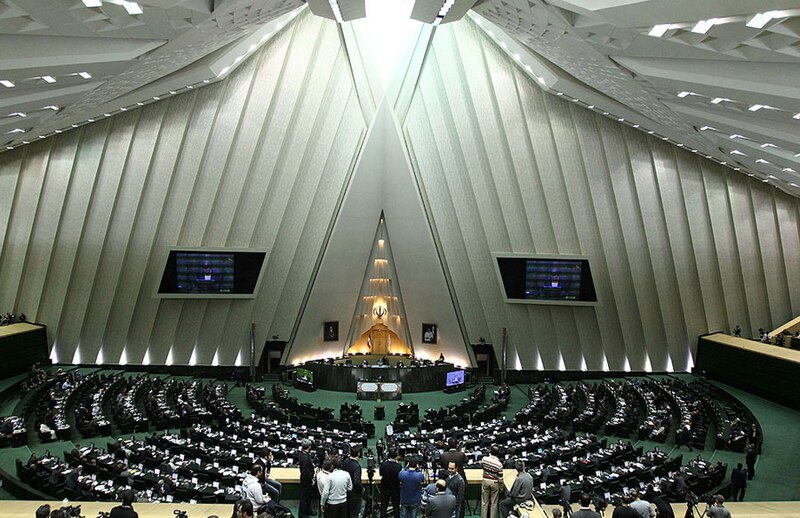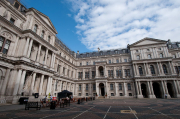
Iran’s parliament has given initial approval to a move that could have profound global consequences: the closure of the Strait of Hormuz, a vital maritime chokepoint through which nearly 20%
of the world’s oil and liquefied natural gas (LNG) flows. While the decision is not yet final, it awaits confirmation from Iran’s Supreme National Security Council.
Commander Esmail Kowsari, a senior member of the Revolutionary Guards and a parliamentary figure, confirmed to local media that the closure "is on the agenda and will be done whenever necessary." Kowsari added that Iran is keeping all strategic options open in response to mounting tensions, especially with Israel.
The Strait of Hormuz, only 21 miles wide at its narrowest point, has long been considered the world’s most critical oil transit route. Experts warn that any disruption could cripple global supply chains and spark a severe economic crisis.
Trade expert Gerrit Heinemann told Bild that a closure would be "worse than COVID and the Ukraine war combined," forecasting a resurgence of inflation, supply chain disruptions, and mass unemployment.
The crisis escalates amid heightened military action. President Trump, having missed a self-imposed deadline, launched “Operation Midnight Hammer” over the weekend, targeting key Iranian nuclear sites with B-2 bombers and precision munitions. The strikes reportedly caused significant damage to Iran’s nuclear infrastructure.
Iran retaliated swiftly, launching missile strikes into Israeli territory. Emergency responders in Tel Aviv reported at least 16 injuries after buildings were hit in the Ramat Aviv neighborhood.
The international community has expressed deep concern. Iraq’s Foreign Minister Fuad Hussein warned that closing the Strait could trigger a global energy emergency. Chinese President Xi Jinping condemned Trump’s actions, accusing him of violating international peace agreements.
Iranian Foreign Minister Abbas Araghchi lashed out at the U.S., labeling Trump a "lawless bully" who had "betrayed diplomacy" by attacking three of Iran’s nuclear facilities.
As global tensions rise, the specter of a major regional conflict with worldwide repercussions looms larger than ever. Photo by Mahdi Sigari, Wikimedia commons.







































